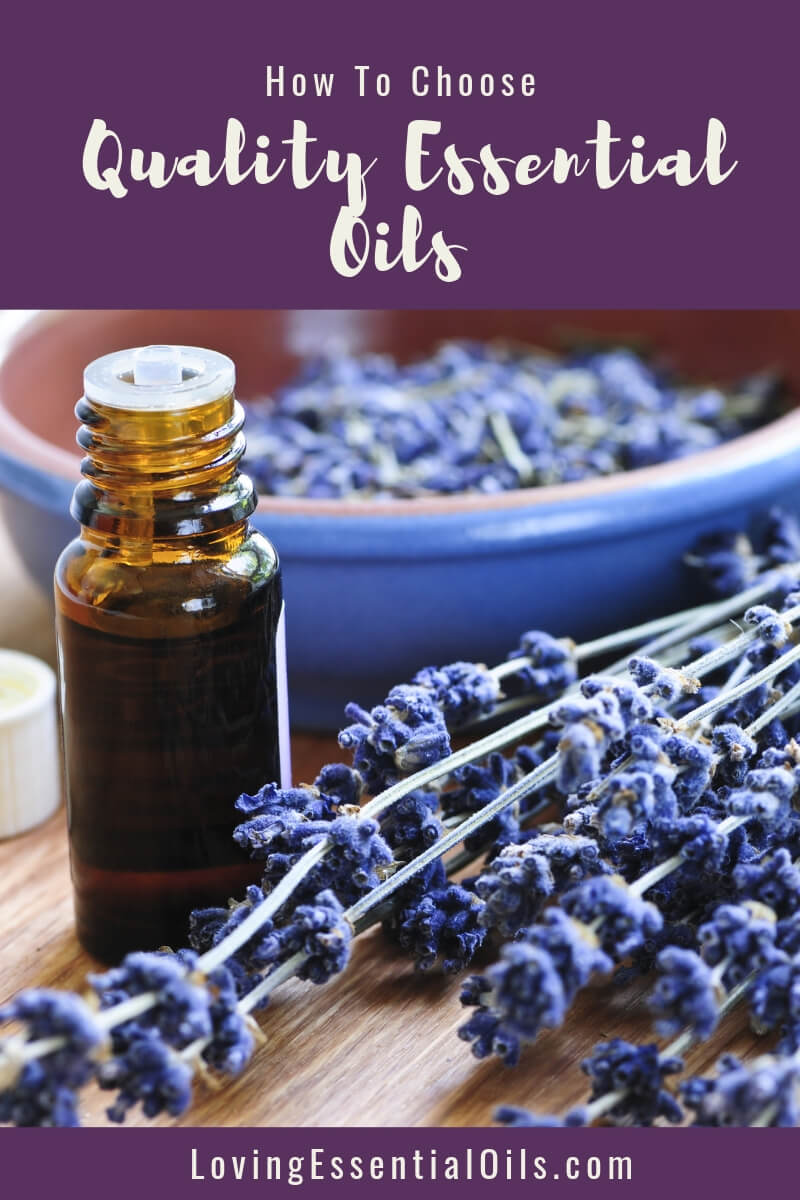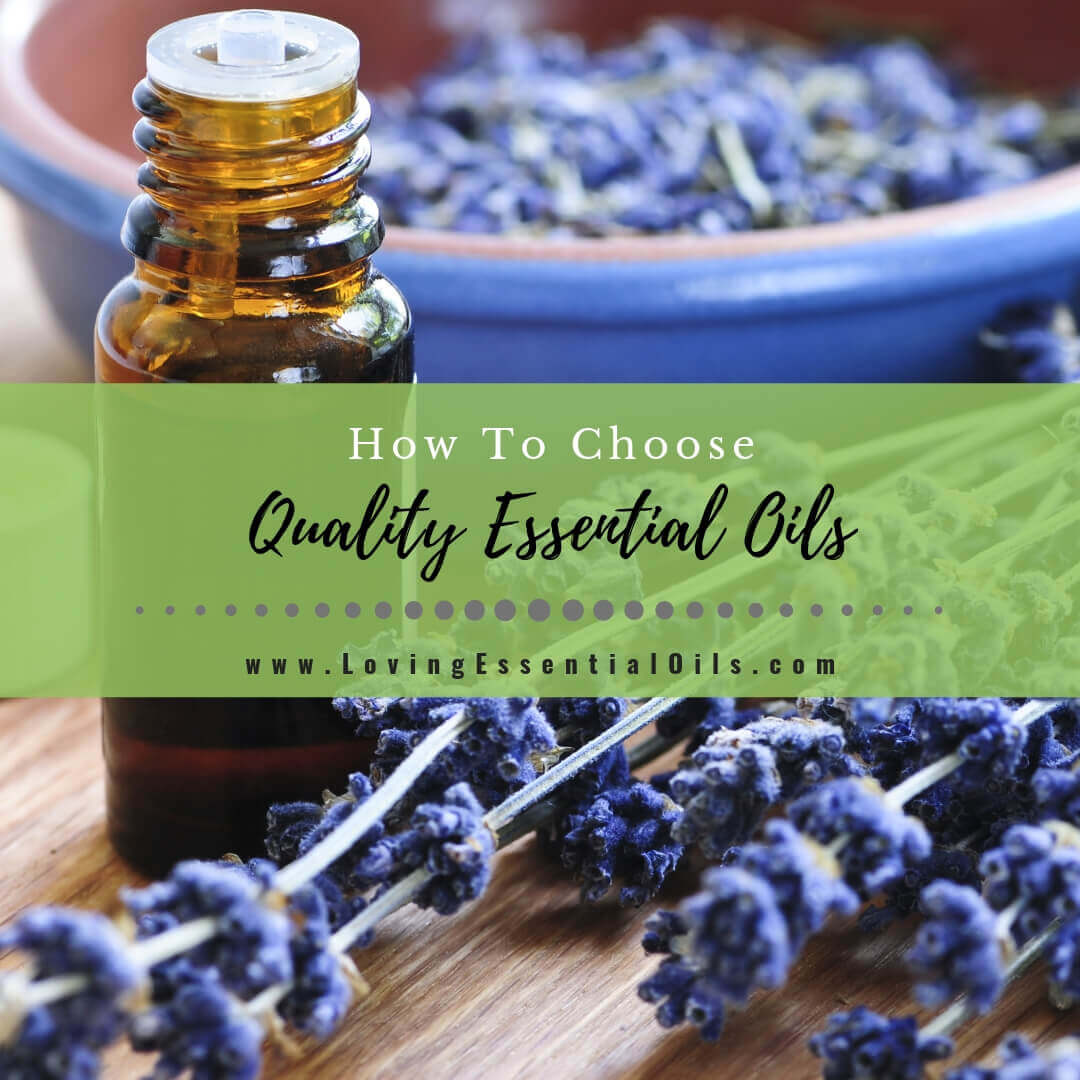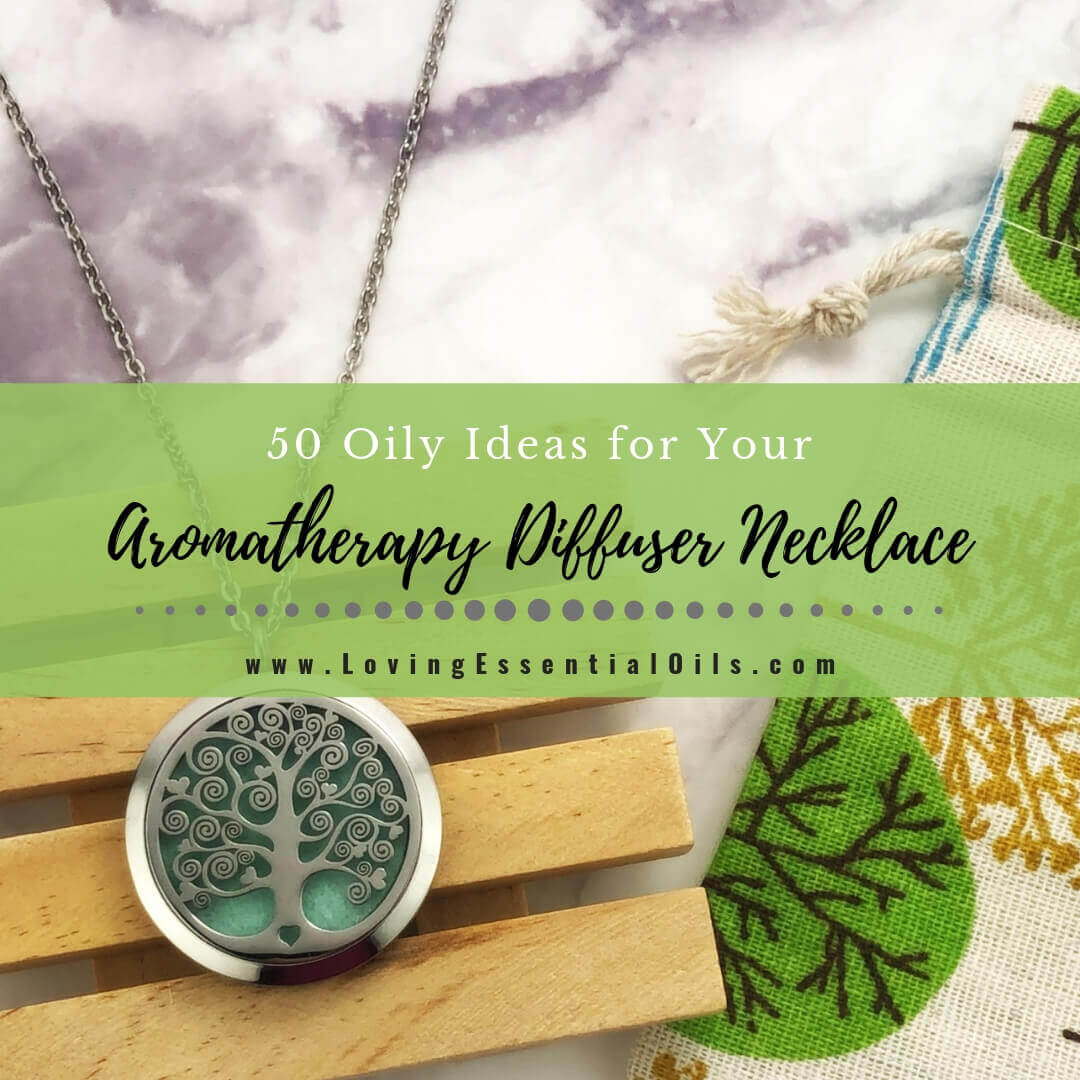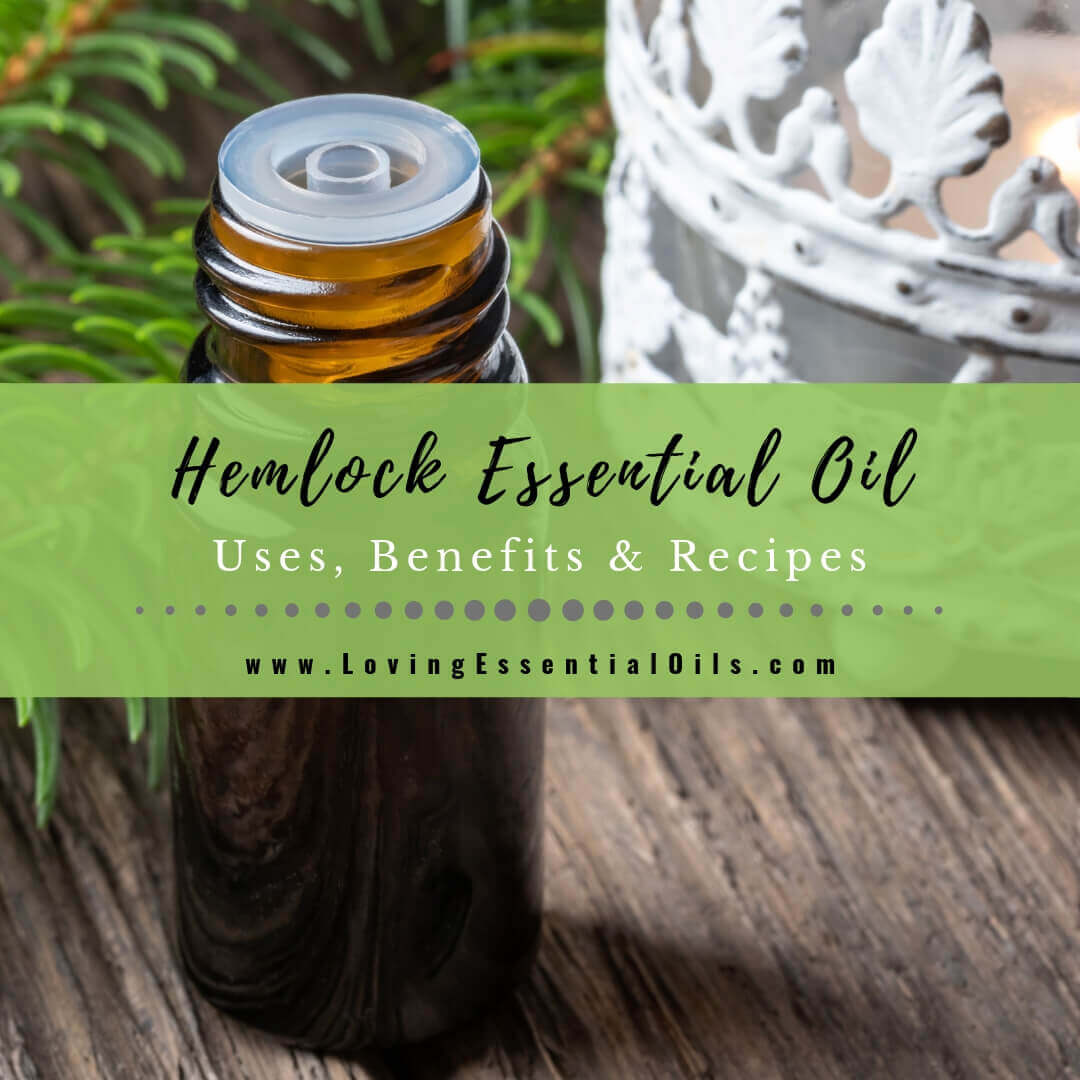It is important to know what you are buying when you decide to purchase essential oils. There are many types and brands out there in the marketplace so you need to know what to look for.
Not all essential oils are created equal. Look for essential oils that are 100% pure essential oil as this type is the only essential oils you should consider purchasing for aromatherapy & DIY recipes.
Do not be fooled by synthetic essential oils or perfume (fragrance) oils. These are NOT 100% pure essential oils and they will not deliver the benefits you're looking for.
What are Essential Oils?
Essential oils are highly concentrated, volatile substances that are extracted from plants. They have been used for centuries by cultures all around the world for their powerful healing properties and unique aromas. Today, essential oils are becoming increasingly popular for holistic healing, relaxation, and stress relief.
They are made from plants and flowers that have been distilled or extracted and contain compounds that are believed to have therapeutic benefits. As more and more people become aware of the many potential benefits of essential oils, it is important to understand what essential oils are, their therapeutic properties, and how to safely and effectively use them.
They can be used for a variety of purposes, from aromatherapy and massage to cleaning and purifying air.
Different types of essential oils
There are different types of essential oils that can be used for different purposes. For example, lavender essential oil is known for its calming and stress-relieving effects, while tea tree oil is known for its antiseptic and anti-inflammatory properties.
Other types of essential oils, such as eucalyptus and peppermint, have been used to help relieve congestion and respiratory issues. With so many different types of essential oils available, it can be difficult to know which one is right for you.
However, there are some general guidelines that can help you choose the right oil for your needs.
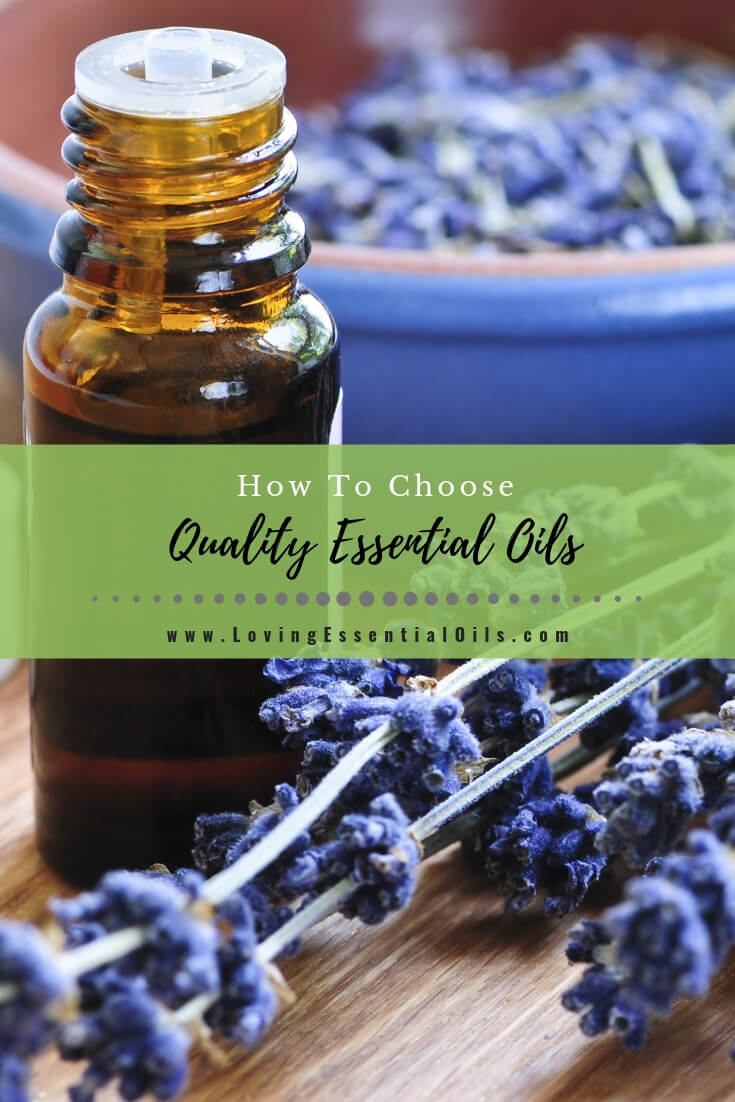
How To Choose Quality Essential Oils
High quality essential oils are an important part of aromatherapy, as they provide many therapeutic benefits such as reducing stress, boosting immunity, and aiding digestion. When it comes to quality oils, it is important to ensure that they are pure, unadulterated, and of the highest quality for maximum effectiveness.
Here are 3 things to know before buying essential oils:
1. Intended Use for Essential Oils
How are you planning to use the essential oils?
- For instance, are you using the oils for personal care on your skin, for hair care, as aromatherapy oils, for lip balm? If yes to any of these, you will need 100% pure essential oils.
- Fragrance oils and perfume oils are not the same as pure essential oils, neither are flavor oils. Avoid these because they are not aromatherapy essential oils, they are for a different use. They could actually harm you if you use them in the ways listed above.
- Pure essential oils go through numerous processes to ensure best quality.
- One thing to keep in mind is that essential oils are not regulated by the FDA, so it is possible for a company to make false claims. This includes the term "therapeutic grade". There is no formally approved grading standard used consistently throughout the essential oil industry. This is why #2 is important.
2. Essential Oil Quality Control
What do you know about the essential oil brand you are using or are interested in using?
- Knowing how specific oils are extracted is important, as well as where they are sourced from (country of origin). The essential oil company should freely share this information. If this information is not available on the product or their website, contact the company and find this information out. The company should be able to disclose this to you if it is a quality essential oil and company.
- You also want to know the botanical names of the essential oils. For example, you can say eucalyptus oil but knowing the botanical name would tell you the exact type of eucalyptus oil, eucalyptus radiata vs eucalyptus globulus. While they are similar, there are some differences.
- If the oil company offers sourcing, extraction method as well as botanical names publicly then you will know what you are getting and there will be no surprises.
- Some companies even do testing for quality control so you can be confident in what you buy. The tests are called Gas Chromatography (GC) and Mass Spectrometry (MS).
- GC is a method of separating the volatile compounds in essential oils into individual components. MS identifies each of these components and their percentages.
3. Cost of Essential Oils
Be aware of prices!
- Frequently, new users go by cost, which is not a good indicator of essential oil quality. When you buy 100% pure essential oils, the price will be higher than synthetic brands. Trust me, this is a good thing. Here’s why.
- First, they are well worth it because you know you are getting the best quality without impurities that may cause irritations or sensitivities.
- Second, when used properly, it only takes a very small amount to accomplish the task because of the potency. The more pure the essential oil, the more potent it will be.
- You will pay higher prices with MLM companies because they mark the prices up to compensate for commissions they have to pay out. The 2 most popular MLM essential oil brands are doTerra and Young Living. Both are great companies, but you may find you pay a little more with them.
To recap, if you are looking for essential oils to use for personal care, skin care, hair care and in your DIY recipes as well as aromatherapy recipes, you need 100% pure essential oils from a reputable company. The company should share with their buyers where their oils are cultivated and harvested, how they are processed and what testing has been done.
All-natural and chemical-free should be the only type of essential oil you consider. Other modifications and processing can alter the strength and the purity of the oil and you do not want to apply these toxins to your body.
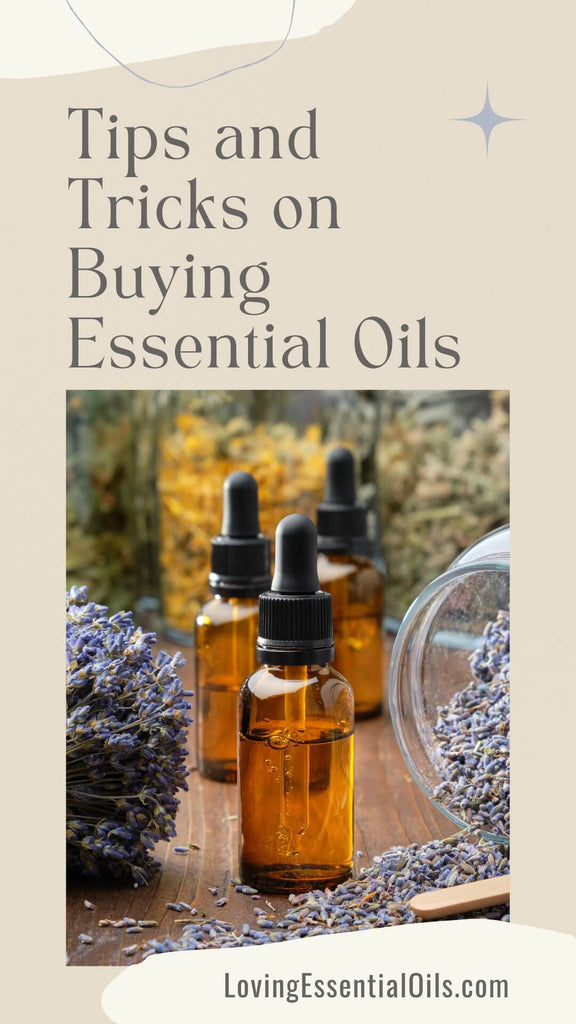
Tips and Tricks on Buying Essential Oils
1. Essential oils are highly concentrated extracts from plants, flowers, and herbs.
2. Quality essential oils should be 100% pure and free of any additives, fillers, or synthetic ingredients.
3. High-quality essential oils will have a strong aroma and not diluted with other ingredients.
4. Look for essential oils that are certified organic and are grown and harvested in the country of origin.
5. Check the label for the Latin name of the plant, as well as the country of origin.
6. Avoid essential oils that are labeled as “fragrance oils” or “perfume oils” as these are not pure essential oils.
7. Read reviews from other customers to get an idea of the quality of the essential oils.
8. Check to see if the essential oil company offers a money-back guarantee.
9. Research the company to make sure they have a good reputation and are committed to quality.
Storage Tips for Essential Oils
When it comes to storing essential oils, there are a few important tips to keep in mind. First, essential oils should always be stored in a cool, dark place to prevent them from degrading and becoming ineffective.
Second, essential oils should be kept in dark-colored glass containers with tight-fitting lids. This will protect the essential oils from light and air exposure, which can reduce their potency.
Lastly, essential oils should be stored away from direct sunlight and in an area with low humidity. By following these simple storage tips, you can ensure your essential oils remain effective and potent.
Tips for Safety When Using Essential Oils
Safety is paramount when using essential oils. Here are a few tips to keep in mind:
1. Dilute essential oils before applying them to the skin. This helps to prevent irritation and helps to spread the oil more evenly.
2. Do a patch test before applying essential oils to large areas of the body. This is especially important if you have sensitive skin.
3. Be aware of the safety concerns associated with certain essential oils. Some essential oils, such as eucalyptus, are not suitable for use on children or pregnant women. Do your research and discuss any concerns with a qualified healthcare professional.
Quality Essential Oil Brands - Fan Favorites
We recently asked our readers to share with us what essential oil brand they prefer to use. Here are the top 7 brands that were shared with us, in order of popularity.
- Plant Therapy
- doTerra
- Young Living
- Edens Garden
- Now Essential Oils
- Rocky Mountain Oils
- Aura Acacia
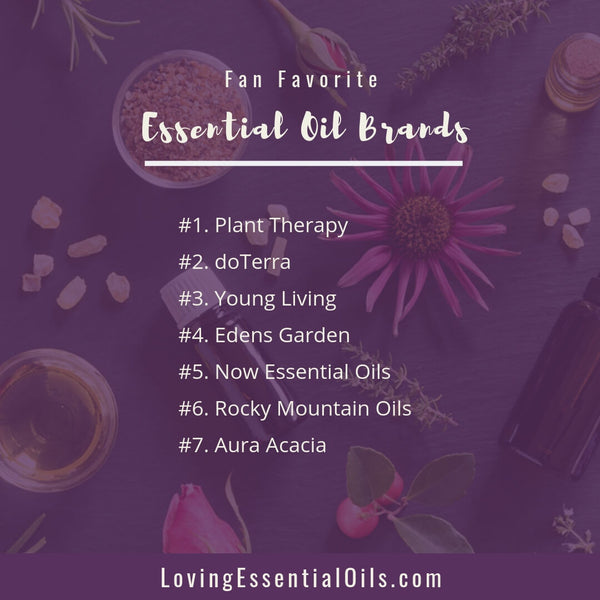
What Essential Oil Brand Should I Use?
There are many essential oil companies out there, it can be overwhelming, especially to a new user.
High quality, pure essential oils are what you need to get the full benefits you're looking for. There are many great essential oil companies out there, you just have to find them.
One high quality essential oil company I use is Plant Therapy. Their oils are well documented and expertly labeled. I also love that they clearly mark their oils "KidSafe" so there is no guessing if they are safe to use on kids 2-10 years old.
Plant Therapy is also the #1 brand that our readers prefer.
I also love to use Edens Garden essential oils and their carrier oils. I can get just about any oil I want and the prices are very reasonable. They also put on the label if the oil is "OK for Kids" (it can be found on the side of the label if the oil is).
Final Thoughts on Choosing Essential Oils
Essential oils are a versatile and natural way to promote health and wellness. The aromatic and topical uses of essential oils mean that there are many ways to use them to benefit your body and mind. They are a safe and effective way to find relief from a range of physical, emotional, and mental ailments. From reducing stress to improving sleep, essential oils have something to offer everyone.
Share On Pinterest
